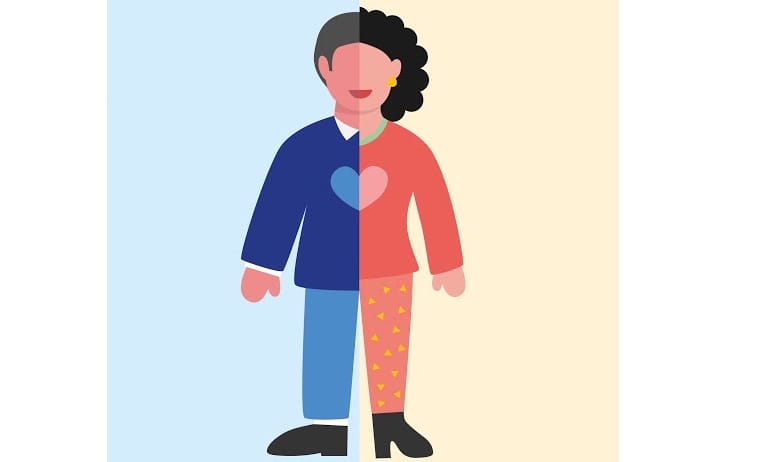–
Research into the risk factors for cardiovascular disease has in the past mainly focused on classic factors that can affect both men and women. Think of high blood pressure, high cholesterol or diabetes. However, there are important differences between men and women in the development of cardiovascular disease.
Sex and Gender-Related Factors
Scientific research into risk factors is increasingly focusing on sex and gender-related factors, i.e. biological and sociocultural factors. This raises the question of which of these factors are seen by cardiovascular patients themselves as a priority for research. Harteraad and the Amsterdam UMC have researched this together, and published the results this week in the ‘Netherlands Heart Journal’.
Women want more research
From the questionnaire completed by 980 people with a cardiovascular disease or an increased risk of it, it is concluded that women want more research into complications during or after pregnancy, the use of the contraceptive pill and going through an early menopause. Annemieke knows from her own experience that more knowledge is needed about this. At the age of 47 she had a stroke that was recognized too late.
Looking back, the pre-pregnancy poisoning Annemieke had when she gave birth to her first child was an indication that she was at an increased risk of stroke. Had this information been known to the doctors at the hospital, the stroke may have been recognized and treated earlier and her limitations would have been less now.
Risk factors prioritize men
The risk factors that were highest prioritized by men are depression or feelings of depression, migraines and having many caring responsibilities (eg being responsible for caring for children or parents). The authors of the article want to encourage scientists and research funders to consider in their work the sex and gender-related risk factors that patients believe need more knowledge. This can prevent life-threatening situations such as Annemieke’s.
Source: Harteraad
–


